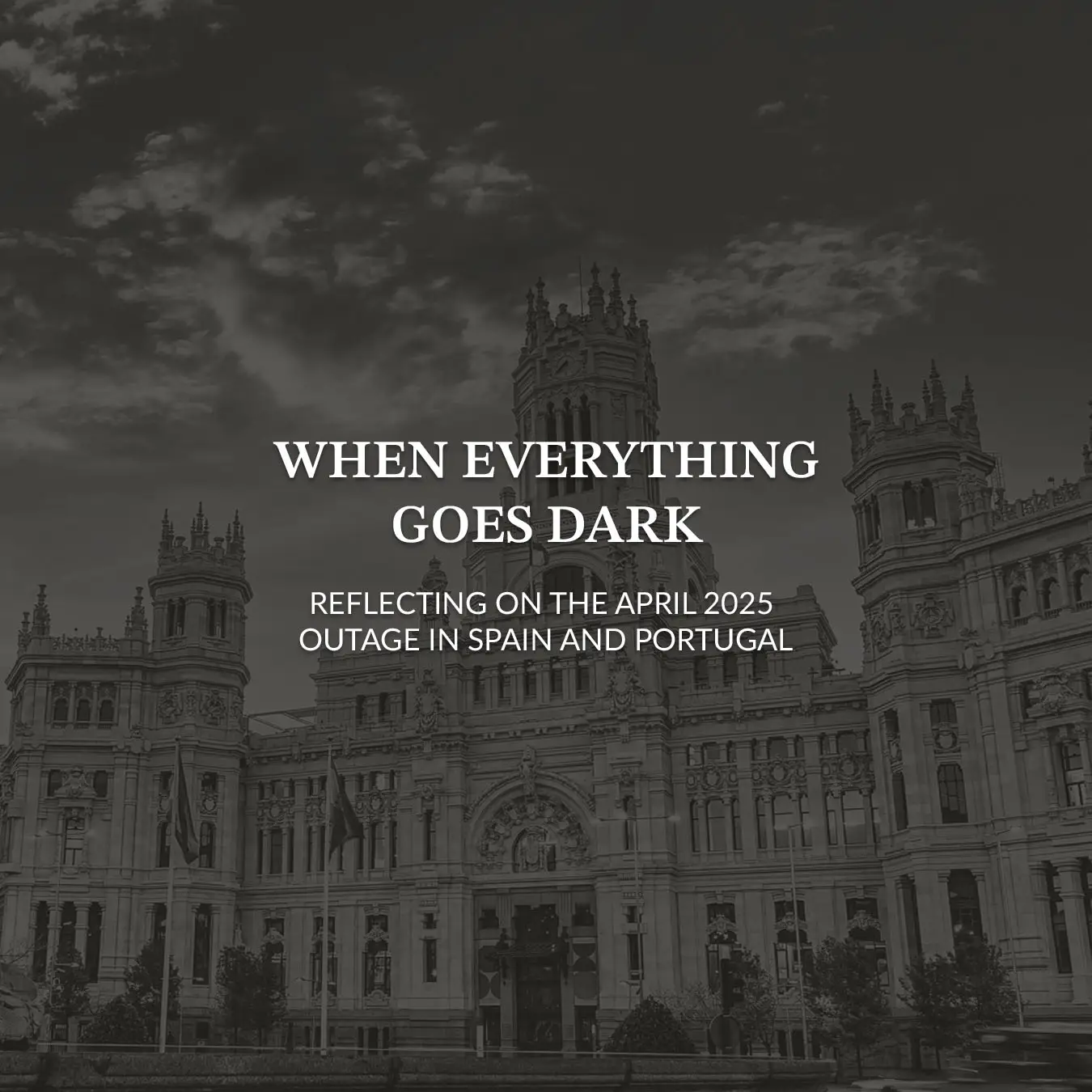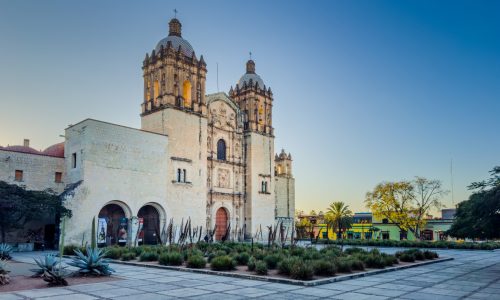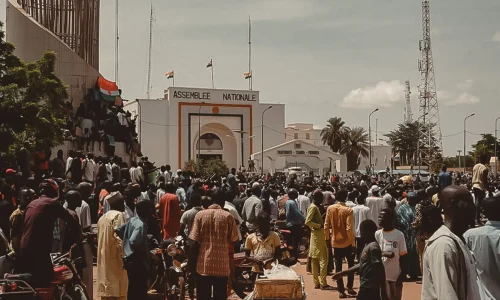On April 28, 2025, darkness fell across Spain and Portugal – not the soft twilight of an Iberian evening, but a sudden, sprawling power outage that plunged millions into uncertainty. Airports shuttered, trains ground to a halt, and traffic lights blinked out, stranding travelers like Emily Hollingsworth, who missed a connection at Madrid’s Atocha station and, with it, the chance to be with her daughter for the birth of a grandchild. This wasn’t just a blackout; it was a stark reminder of how fragile our modern systems can be and how unprepared many of us are when they fail. At Frontline Global, we’re compelled to ask: How can travelers prepare for a world where the lights might go out again?
When the Grid Fails, Travel Stops
The April 2025 outage, one of Europe’s largest, wasn’t just a technical glitch – it was a disruption that rippled through the lives of millions. Planes were grounded at Madrid’s Barajas and Lisbon’s Humberto Delgado airports. In Spain, 35,000 train passengers were rescued, while others remained stranded in remote areas. Lisbon’s metro closed, Porto’s trams stopped, and Madrid’s streets became a tangle of honking cars under dead traffic lights. Mobile networks faltered, leaving travelers cut off from updates or help. As one report noted, hospitals suspended routine operations, and even emergency services strained under the weight of the crisis.
For travelers, the impact was visceral. Imagine being Emily Hollingsworth, standing in the darkened chaos of Atocha, your phone dead, no trains moving, and no way to reach your family. This wasn’t just inconvenience – it was a moment that forced us to confront our dependence on systems we take for granted. The outage’s cause remains unclear, with theories ranging from grid failures to sabotage, though no evidence of a cyberattack has surfaced. But the why matters less than the what: when the power goes out, the world we navigate as travelers stops.
The Fragility of Our Wanderlust
Travel is an act of trust – in airlines, trains, and the invisible infrastructure that keeps us moving. Yet, as the Spain-Portugal blackout showed, that trust can be misplaced. We jet across continents, book hotels, and plan itineraries, assuming the lights will stay on. But what happens when they don’t? The April outage forces us to grapple with a deeper question: Are we truly prepared for the unexpected, or are we just one blackout away from chaos?
This isn’t about fearmongering. It’s about recognizing that our freedom to explore comes with vulnerabilities. Spain and Portugal, with their heavy reliance on renewable energy, may face unique risks as grids adapt to new demands. But outages can happen anywhere – storms in the U.S., heatwaves in India, or aging infrastructure in the U.K. Each event chips away at the illusion of invincibility, urging us to rethink how we move through the world.
A Call to Prepare, Not Panic
Preparedness isn’t about hoarding supplies or avoiding travel altogether. It’s about cultivating a mindset that embraces resilience. At Frontline Global, we believe travelers can meet disruptions with foresight and calm. Here’s how:
- Pack with Purpose: Carry a small emergency kit – a flashlight, a portable solar powered battery, a way to purify water, satellite communications (if possible), and essential medicines.
- Stay Connected: A fully charged phone is useless without a plan. Pack a battery-powered radio or a hand-crank model to catch local news. Know the emergency number for your destination (112 in Spain and Portugal). Register with your embassy for alerts.
- Know Your Options: Research alternative transport routes before you go. If trains stop, are there buses? If airports close, can you rent a car? Flexibility is your greatest asset.
- Protect Your Plans: Invest in travel membership like Frontline Global that assists you while abroad.
- Learn the Local Lay: Language barriers can turn a minor issue into a crisis. Download a translation app or carry a phrasebook. Know where local emergency services are located.
These steps aren’t burdensome – they’re empowering. They transform you from a passive victim of circumstance into someone who can adapt, even when the lights go out.
Beyond the Blackout: A Broader Lesson
The Spain-Portugal outage isn’t just a travel story; it’s a mirror held up to our interconnected world. We rely on grids, networks, and systems that are marvels of engineering but also points of failure. As travelers, we’re not just tourists, we’re participants in a global ecosystem. Every trip we take is a vote for the kind of world we want: one where we’re prepared, resourceful, and ready to face the unexpected.
This blackout also sparks a broader reflection: How much do we trust the systems around us, and how much should we? The lack of clarity about the outage’s cause – grid issues, sabotage, or something else – reminds us that certainty is a luxury. Yet, in that uncertainty lies opportunity. By preparing for disruptions, we reclaim agency. We travel not just to see new places but to test ourselves, to grow, to return home a little wiser.
The Road Ahead
As the lights flickered back on in Spain and Portugal, life resumed – flights took off, trains rolled, and travelers like Emily Hollingsworth found their way. But the memory of those dark hours lingers, a quiet challenge to us all. At Frontline Global, we see travel as more than movement – it’s a journey of preparedness, resilience, and growth. The next outage may come tomorrow or years from now, but it will come. When it does, will you be ready?
Let’s not wait for the lights to go out to find out. Pack smart, plan ahead, and travel with eyes wide open. The world is vast, beautiful, and unpredictable. Embrace it all.
Frontline Global frontlineglobal.io is dedicated to empowering travelers with knowledge and tools for safer, smarter journeys. Follow us for more insights on navigating the world with confidence.








